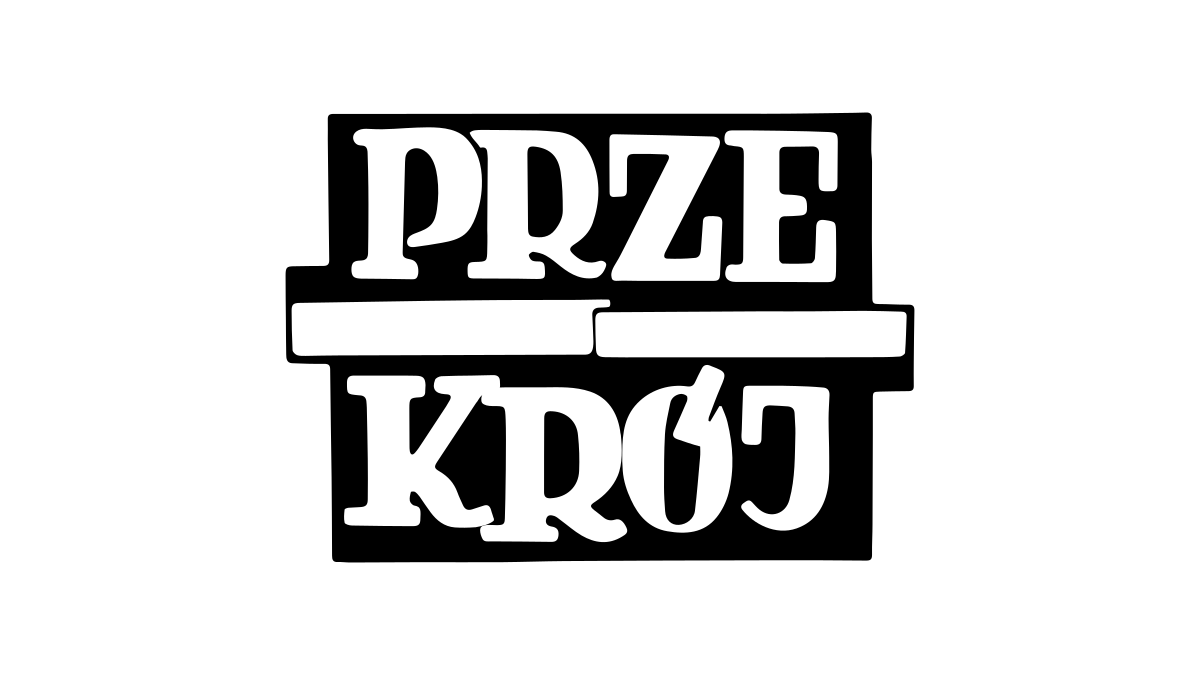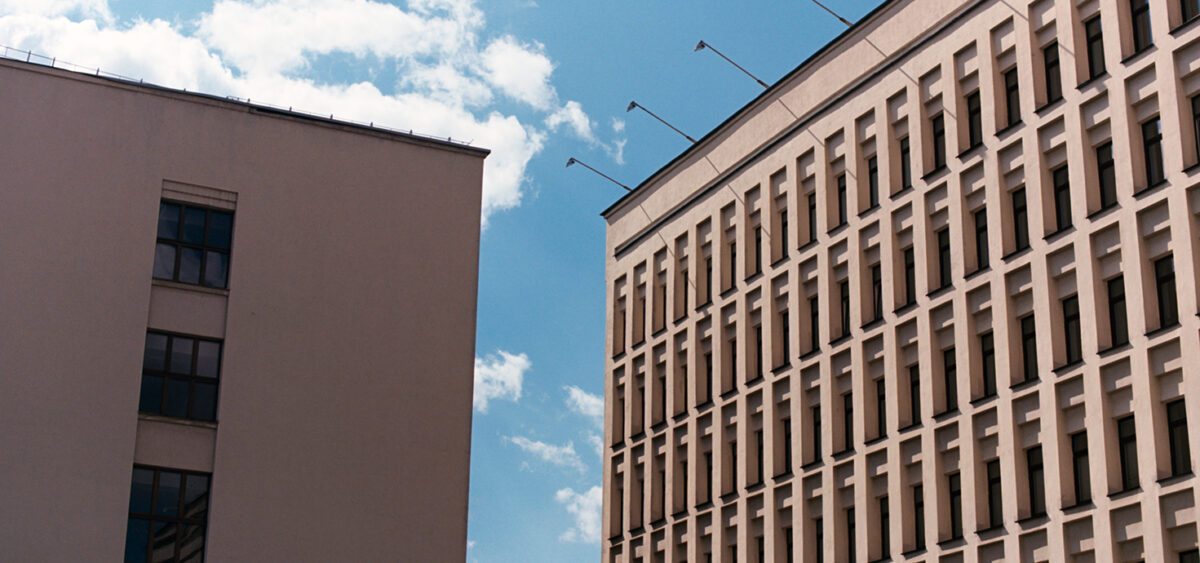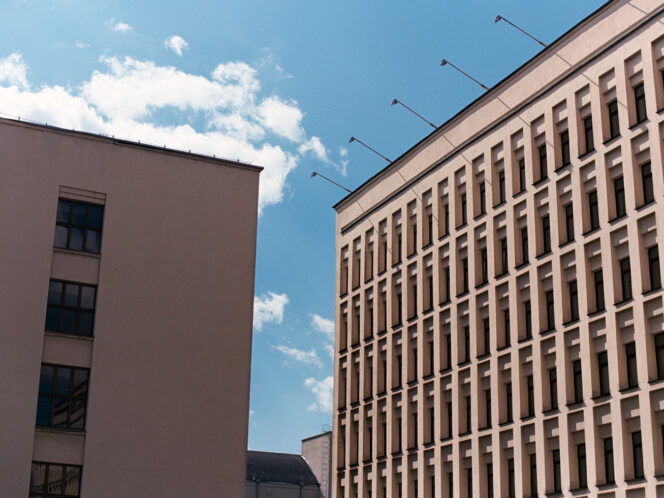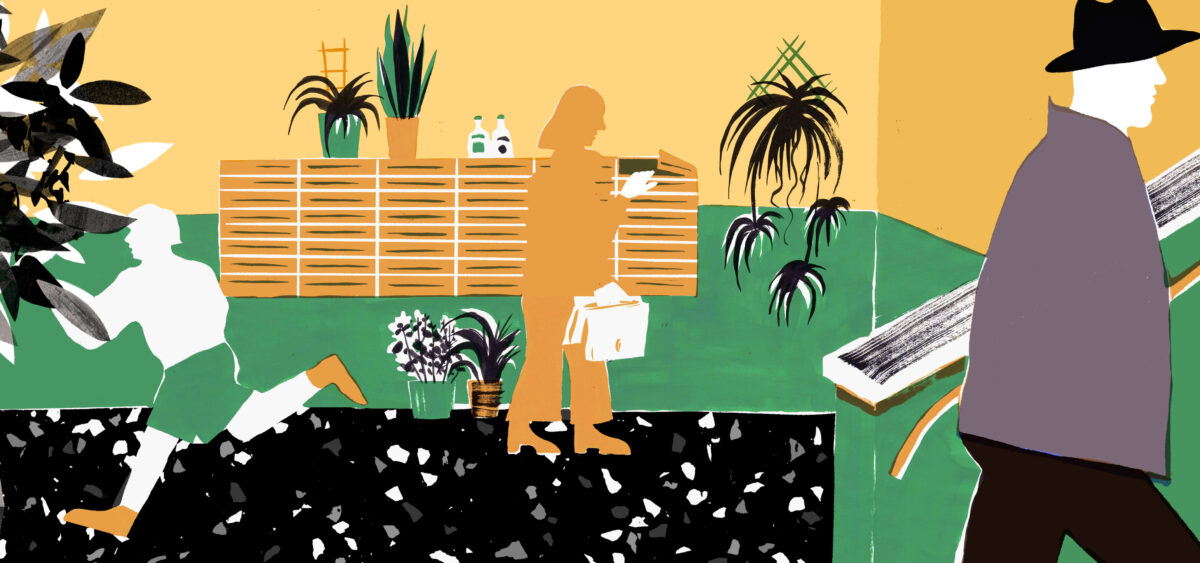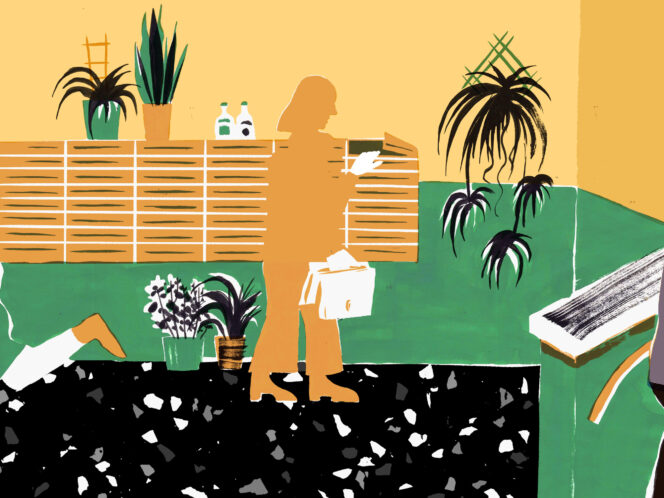
Public plazas, beaches, playgrounds, restaurants, theatres, tourist meccas—all of it, once bustling, feels dead or drastically slowed down. We know it is a disruption to our usual pattern. Not for the Belarusian capital, which has always lived as if in quarantine.
A few months ago, when we talked with friends, life was not shut down to restrain a global pandemic, and cities had not become ghost towns yet. Except for one.
“The only thing I don’t like about Minsk is this meticulous cleanliness,” she says, sipping her tea. “It makes me so nervous that, whenever I see uncollected trash on streets, I stop in surprise and take a picture.” She smiles, but I could hear a little annoyance in her voice.
Meet Lena, a freshman at Belarus’s leading national university. She is young and rebellious and wants to change everything, even her place of residence. She talks about the teeming streets of Manhattan (now deserted), the Eiffel Tower (presently closed), and the Milanese who sip their apéros while looking at the landmark Duomo di Milano (people are currently confined to their homes).
“Don’t get me wrong, I love Minsk. It is a comfortable city,” she confides, suddenly serious. “But I feel trapped in this aseptic environment. Washed; polished; cleansed; scrubbed.”
We met at an iconic dive bar called Centralny (which means “central”) on the main avenue in Minsk. Housed on the first floor of a grandiose Soviet-style supermarket, it is perhaps the most democratic place on Earth: it’s cheap and welcomes people of all walks of life. Famous artists, local musicians, university professors and their students, city officials, homeless people, and drunkards—they all appear at the long bar counter. It is informal and may seem dirty and unpleasant, but the bar has a long history and
